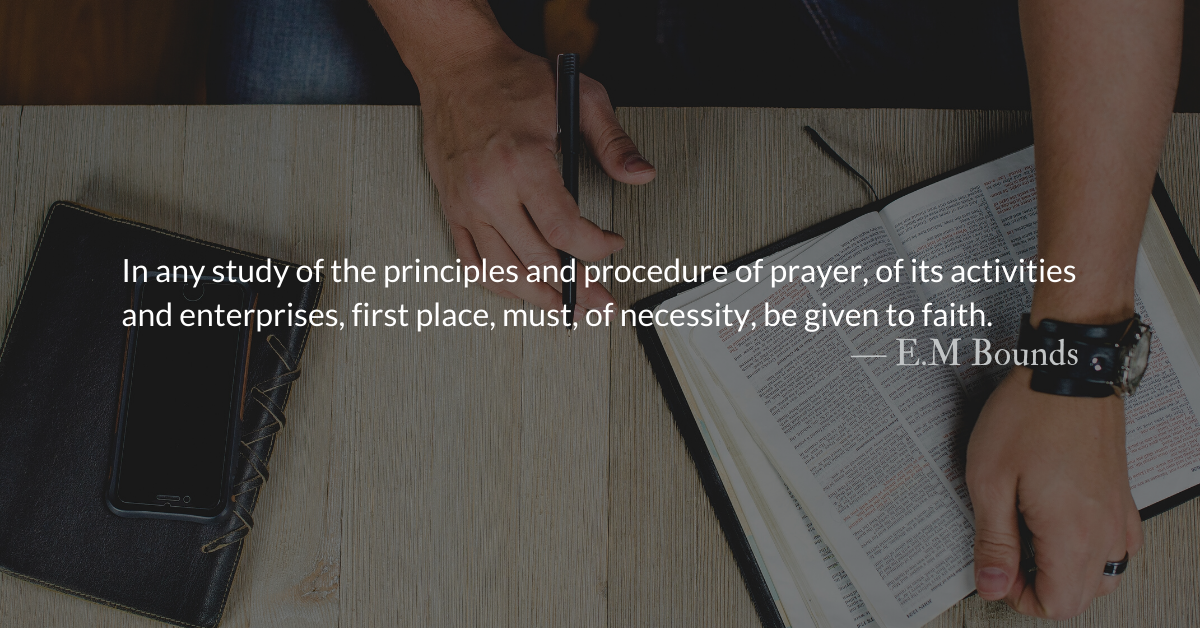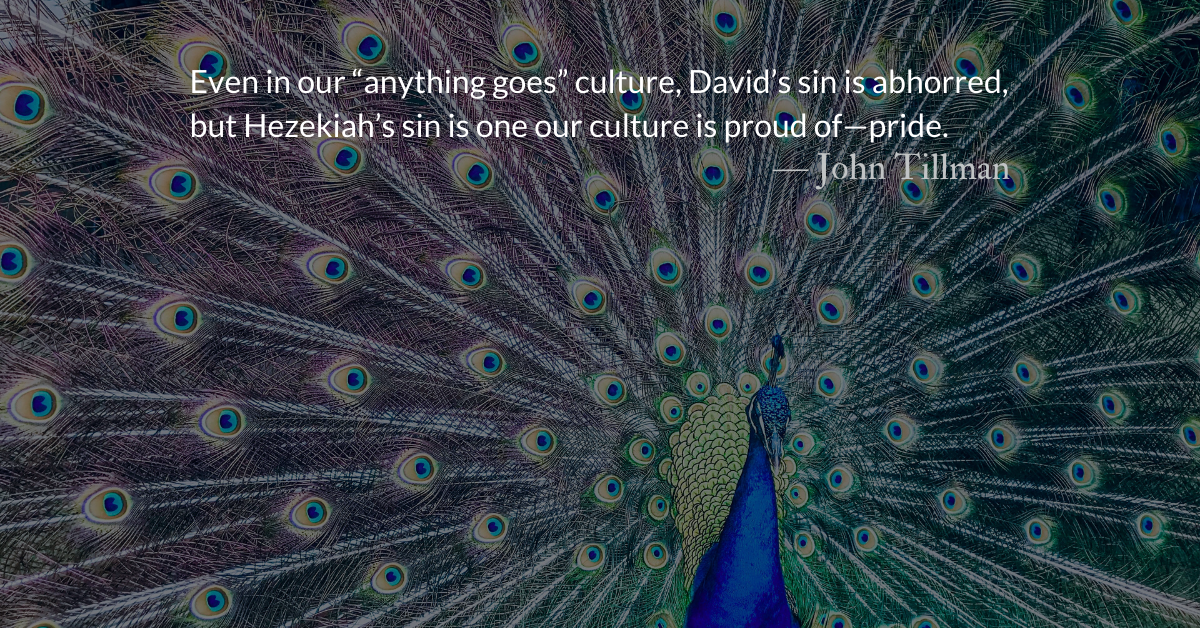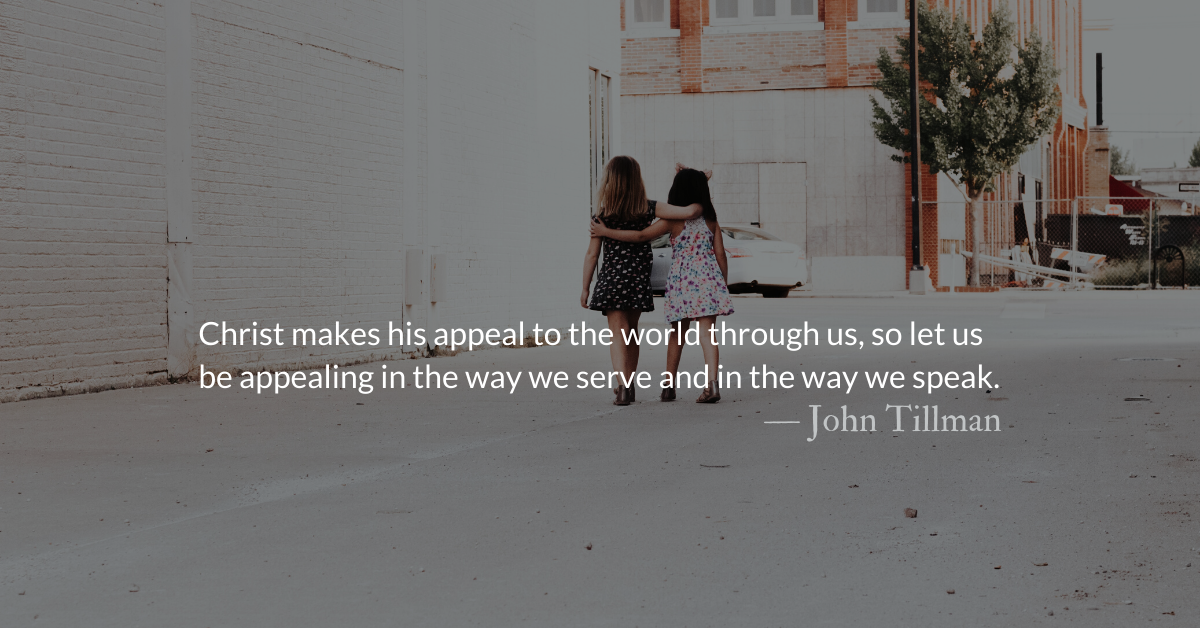From John:
Rather than strictly following our readings in Hebrews or Kings and Chronicles this week, we will pursue a week of thematic reflections on one of the issues closest to the heart of the mission and vision of The Park Forum—prayer.
Read the Bible. Reflect and pray.
That is the two-pronged, ultra-simplified vision that we have for our readers. This week and part of next we take some time to curate and comment on some classic readings about prayer that may strengthen and encourage us in the practice of prayer.
Reflection: Prayer and Faith
By John Tillman
“In any study of the principles and procedure of prayer, of its activities and enterprises, first place, must, of necessity, be given to faith.” — E.M Bounds
E.M. Bounds’ classic works on prayer are a staple of many theological libraries.
At the beginning of his volume, The Necessity of Prayer, Bounds is clear that what is necessary for prayer, is faith.
“Faith is the initial quality in the heart of any man who essays to talk to the unseen. He must, out of sheer helplessness, stretch forth hands of faith. He must believe, where he cannot prove. In the ultimate issue, prayer is simply faith, claiming its natural yet marvelous prerogatives— faith taking possession of its illimitable inheritance. True godliness is just as true, steady and persevering in the realms of faith as it is in the province of prayer. Moreover: when faith ceases to pray, it ceases to live.”
Does our faith falter and feel weak? Reconnect our faith to the power of prayer.
Do we feel that God is distant from us? It is we who have moved. Draw near in prayer.
“Prayer projects faith on God, and God on the world. Only God can move mountains, but faith and prayer move God. In his cursing of the fig tree, our Lord demonstrated His power. Following that, he proceeded to declare, that large powers were committed to faith and prayer, not in order to kill but to make alive, not to blast but to bless.”
Can we truly, and honestly say that we have consistently wielded the power of prayer to bless rather than blast our enemies?
“Is faith growing or declining as the years go by? Does faith stand strong and foursquare, these days, as iniquity abounds and the love of many grows cold? Does faith maintain its hold, as religion tends to become a mere formality and worldliness increasingly prevails? The inquiry of our Lord, may, with great appropriateness, be ours, ‘When the Son of Man comes,” he asks, “will he find faith on the earth?’ We believe that he will, and it is ours, in this our day, to see to it that the lamp of faith is trimmed and burning, lest He come who shall come, and that right early.”
*Quotations condensed and language updated from The Necessity of Prayer by E.M. Bounds.
Divine Hours Prayer: The Refrain for the Morning Lessons
“Because the needy are oppressed, and the poor cry out in misery, I will rise up,” says the Lord, “And give them the help they long for.”— Psalm 12:5
– From The Divine Hours: Prayers for Autumn and Wintertime by Phyllis Tickle.
Today’s Readings
2 Kings 24 (Listen -3:21)
Hebrews 6 (Listen -2:5)
Thank You!
Thank you to our donors who support our readers by making it possible to continue The Park Forum devotionals. This year, The Park Forum audiences opened 200,000 emails with free, and ad-free, devotional content. Follow this link to join our donors with a one-time or a monthly gift.
Read more about Faith Requires Humility
One reason faith is so difficult for today’s culture is that we devalue humility. And faith cannot exist without humility
Read more about A Trinity of Neglect :: Readers’ Choice
The foolish virgins, the wicked servant, and the goats are a trinity of spiritual neglect.











